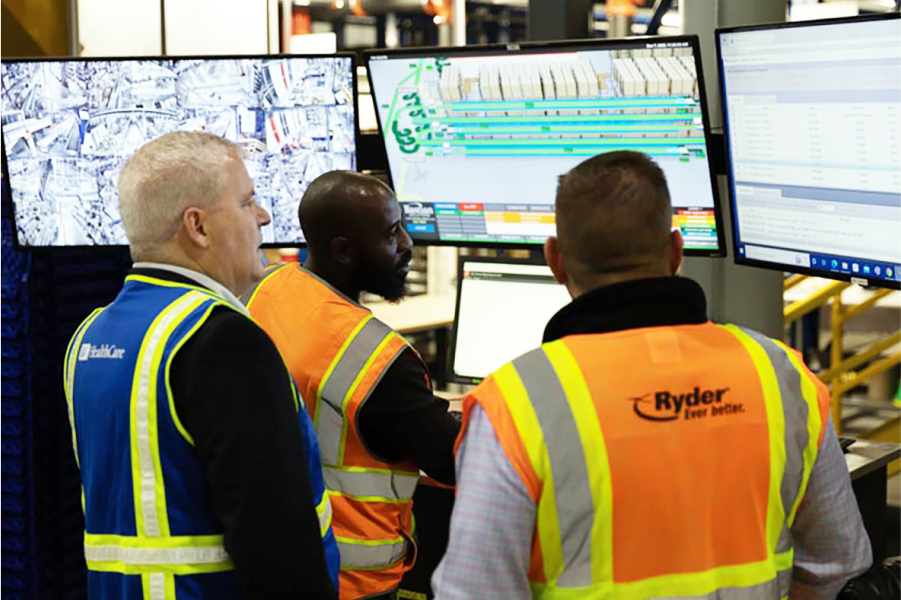Incoming-goods logistics entail the verification of shipments against purchase orders by logistics service providers (LSPs), ensuring materials are allocated to their correct destinations. This process is crucial for companies with multiple production facilities, as it prevents delays by balancing inventory levels across sites.
Some advanced LSPs may also manage the ordering process alongside incoming logistics. Inventory management involves overseeing the entire inventory lifecycle, from raw materials to finished products. LSPs aid businesses in identifying and responding to trends, ensuring adequate stock levels to meet customer demands and providing timely warnings of shortages.
Warehousing services extend beyond mere storage, encompassing proper cataloging to facilitate quick picking and shipping of goods. Accurate labeling is essential to prevent order fulfillment errors and maintain customer satisfaction, especially in multi-tenant warehouses where goods from different clients must be meticulously organized and accounted for separately. Order tracking is another critical aspect handled by LSPs, ensuring seamless management and fulfillment of orders. Integration with a business's enterprise resource planning (ERP) system allows for effective order tracking, preventing fulfillment delays or duplicate shipments.
Picking and packing are managed by LSPs upon receiving orders, utilizing internal track-and-trace systems to maintain order integrity. These systems, often employing "license plate numbers" (LPNs), track items and packages, keeping inventory counts accurate. Shipping services may involve LSP-owned fleets or outsourcing to ensure timely delivery of orders. Businesses with specific delivery requirements, such as time-sensitive or temperature-controlled shipments, find LSPs a cost-effective solution, particularly when specialized deliveries form a small portion of their sales.
Returns, or reverse logistics, pose challenges, especially for margin-sensitive companies. Many LSPs handle both customer returns and raw materials returns to suppliers, leveraging their extensive network for cost-effective and convenient returns processing. Streamlined return policies boost customer confidence and encourage repeat purchases. Payment and finance management responsibilities, including shipping and warehousing costs, are often outsourced to LSPs, allowing businesses to focus on core activities. Through detailed analysis of logistics KPIs, LSPs optimize shipping methods, minimize waste, and reduce costs for themselves and their clients. Additionally, businesses benefit from bulk discounts negotiated by LSPs, freeing up capital for other financial needs like growth and investments.







